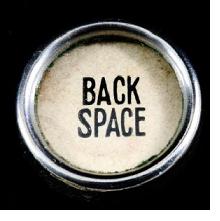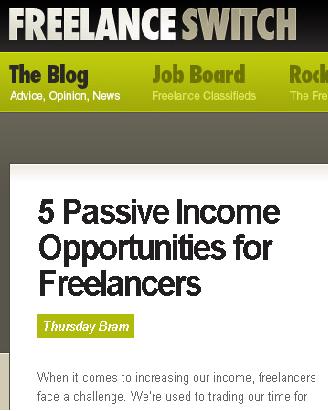There are plenty of dirty little secrets in the freelance writing business. The first dirty secret is that most writers won’t tell you their dirty secrets. They find ’em and hang on to them jealously out of fear that their fellow freelancers will act just like zombies–all swarming desperately to get their grubby little undead fingers on another piece of the freelance writing pie.
That’s dirty secret number two–freelancers WILL swarm about like extras in a George Romero movie.
Which leads me to dirty secret number three. Freelance writers only let their dirty little secrets out when they don’t need them anymore. Feeling a bit cynical yet?
It’s all part of the game, and for those who like to play, it’s just something you have to get used to. No worries, we’re all in this together and all that. Here are a few of my own personal dirty little freelance writing secrets that I actually still DO use, but I don’t mind sharing:
- I am a freelance editor as well as a freelance writer. When I need to hire writers for various projects, the first criteria I judge them on is how well their cover letters match their writing samples. Are the writers inarticulate boobs in the cover letter or are those first impression communiques just as finely crafted as their writing samples?
- When a writer tries to pretend they know something they don’t, it seems glaringly obvious to me as an editor. I never work with these people again once I’m sure they are talking out their backsides. Sorry, gang, but if you don’t know your subject matter, don’t try to write as an authority. Appeal to someone else’s authority instead. Write from a more neutral point of view and let your quotes do the talking. Continue reading More Freelance Writing Secrets





